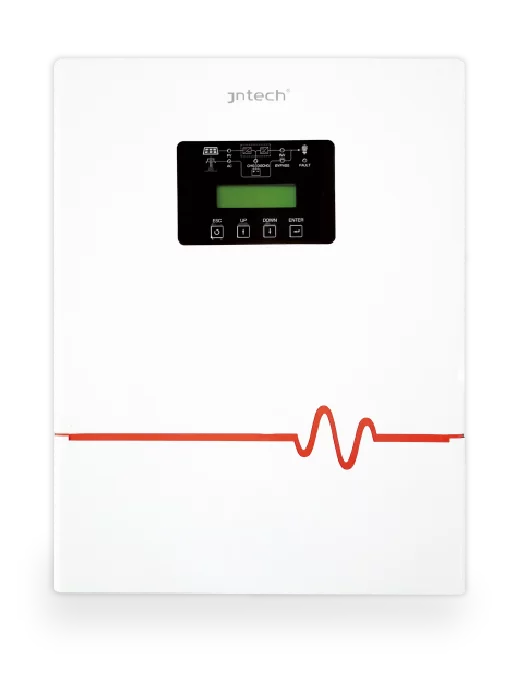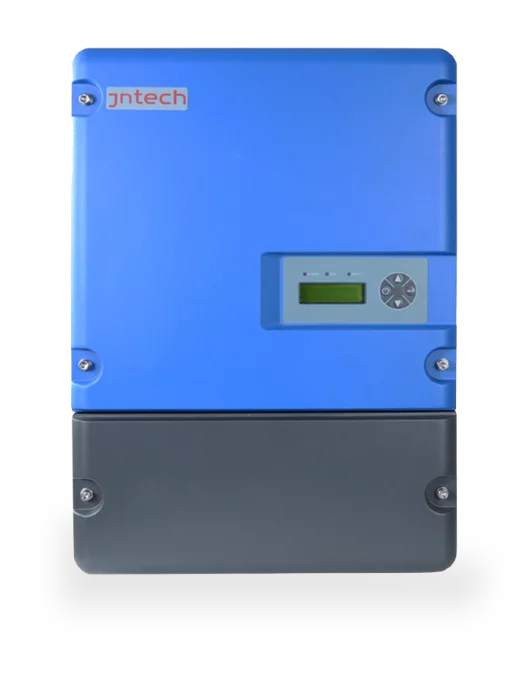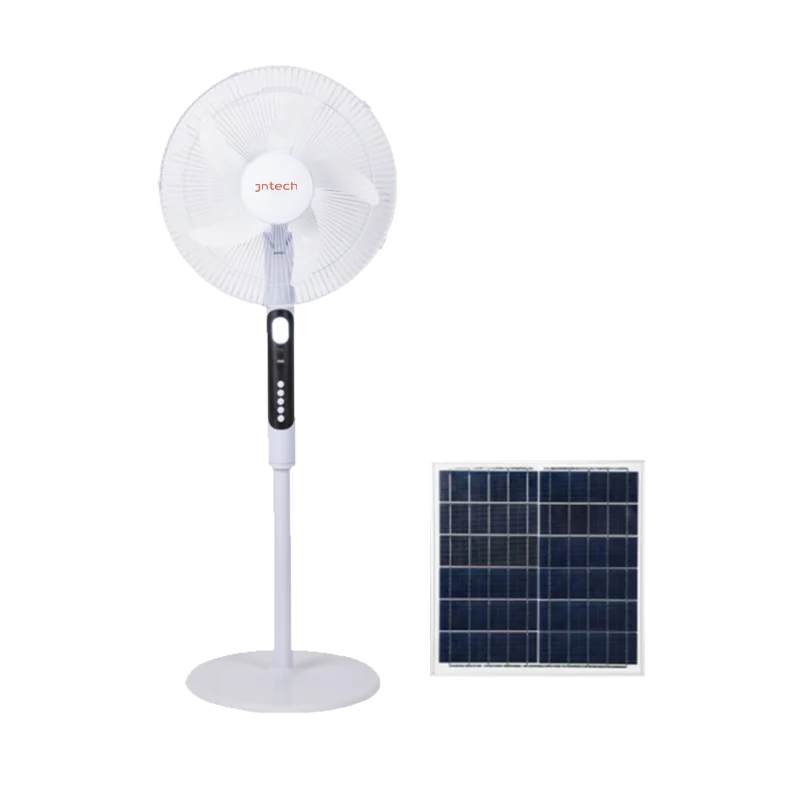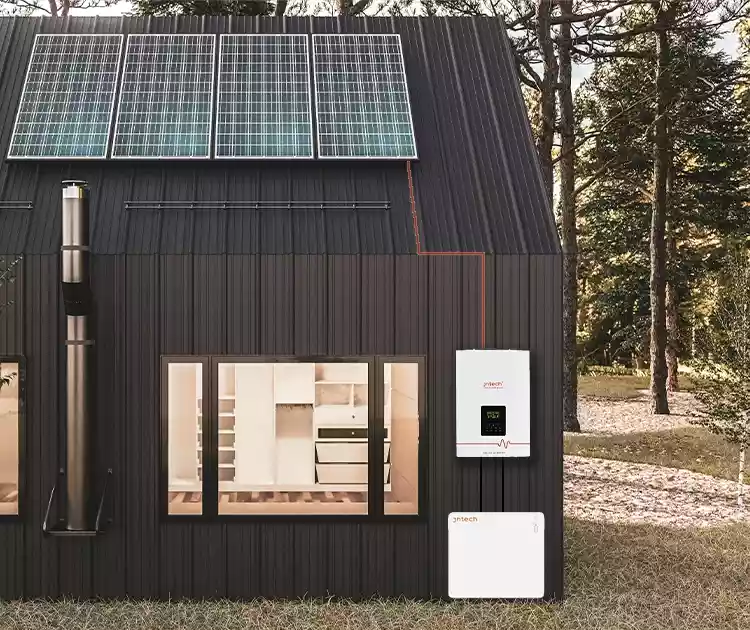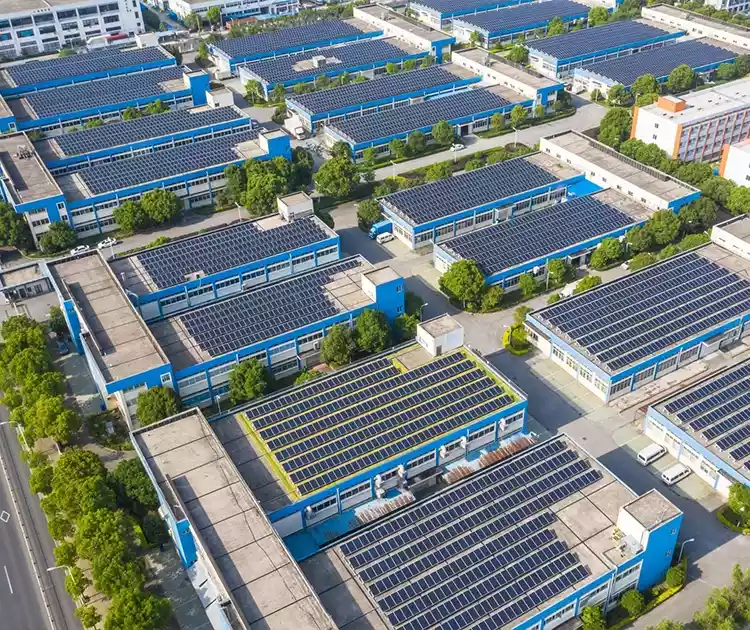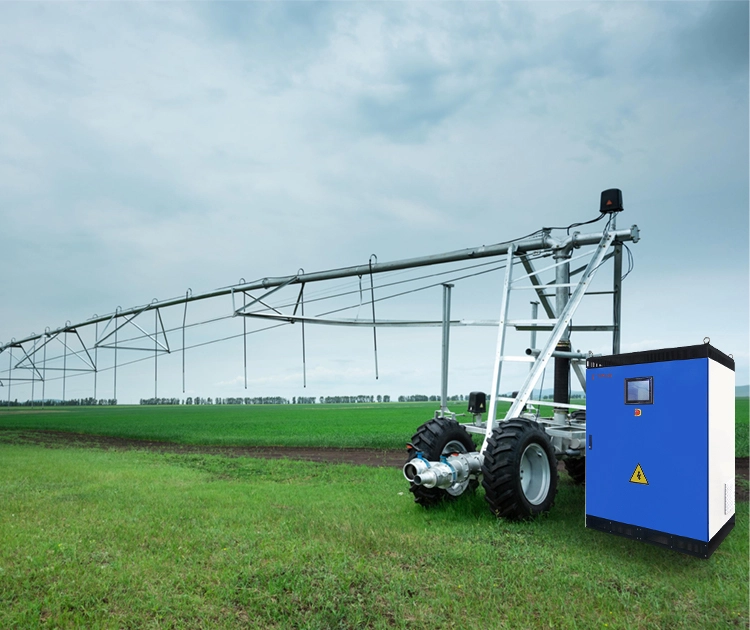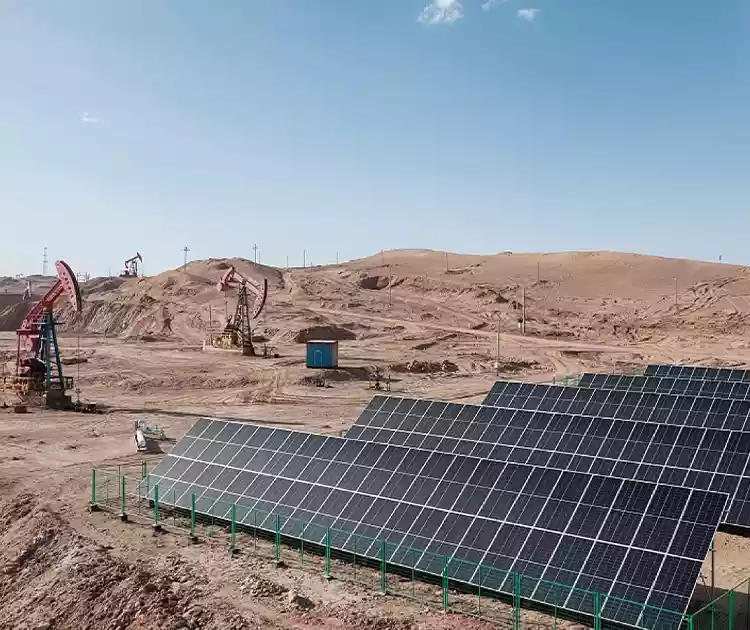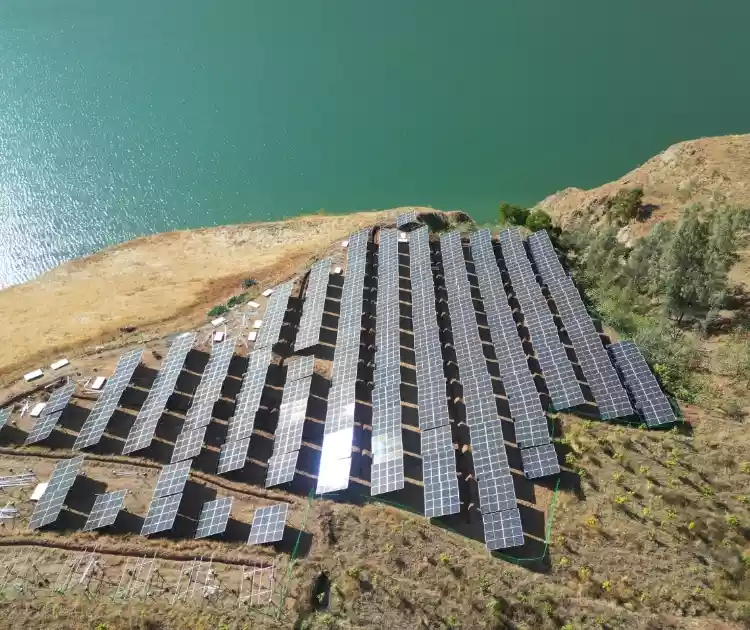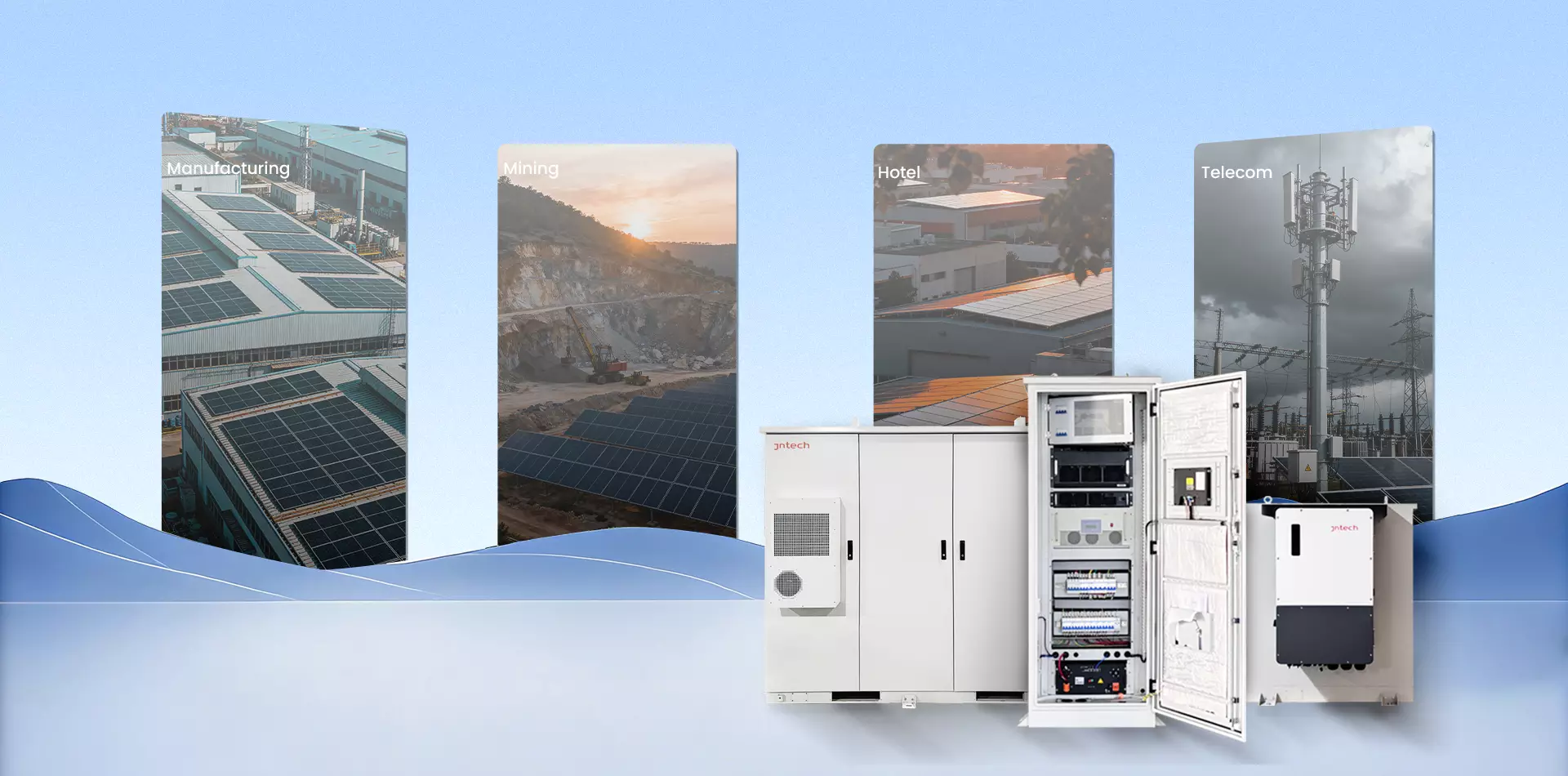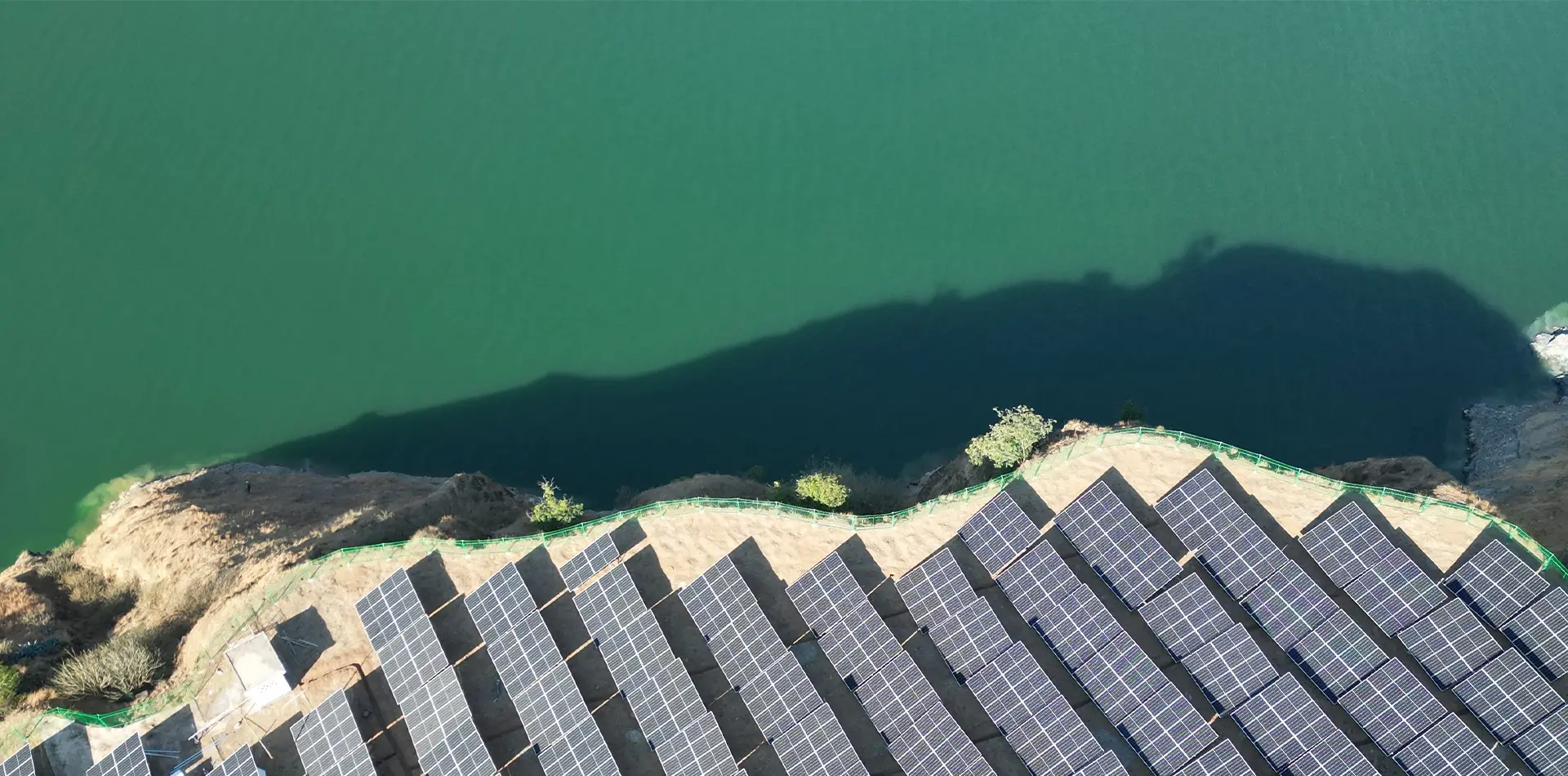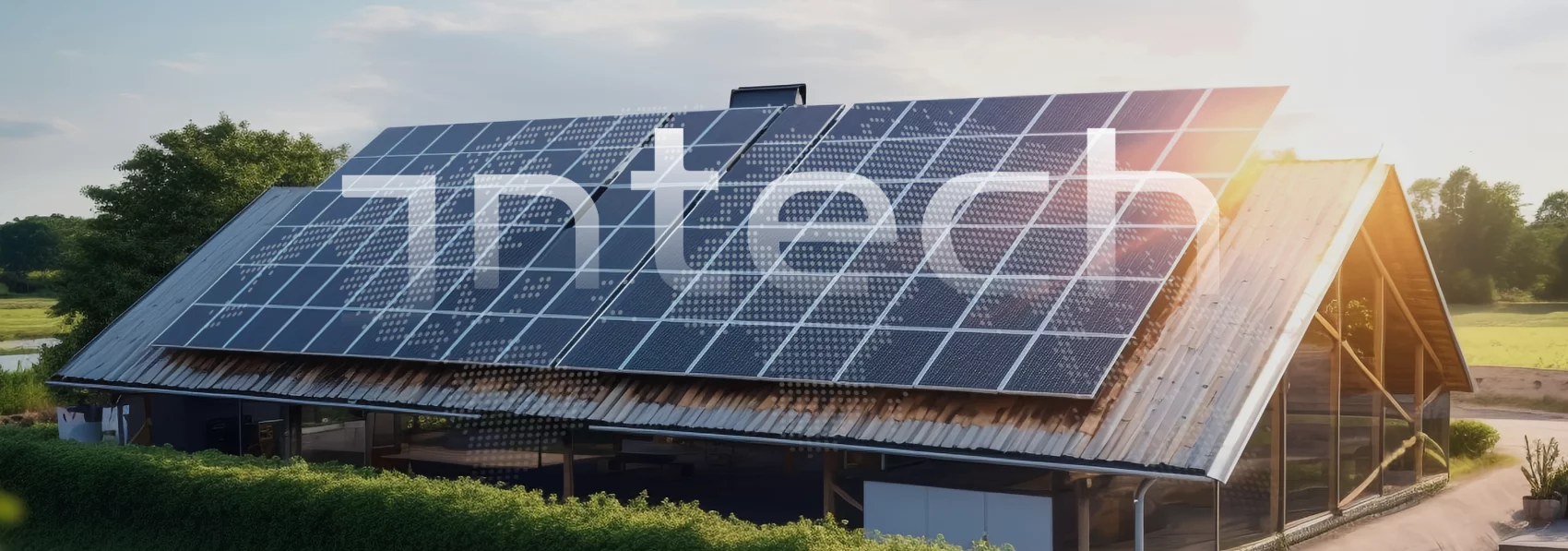solutions
Solve needs for all industriesWith more than 100 solar patents, the company sets the standard for solar innovation in China and beyond. JNTECH's solar off-grid inverters, household energy storage inverters, pumping inverters, and related systems are widely used in over 100 countries. The company has been recognized as a preferred brand by organizations such as the IBRD, the United Nations, FAO, and NGOs for its international projects. The JNTECH brand is synonymous with quality and reliability.
-

Residential Solutions
JNTech’s home energy storage system empowers homeowners with a reliable and sustainable energy solution. By integrating advanced battery technology with smart energy management software, the system allows users to store excess solar energy during the day and seamlessly access it during peak demand or at night. This ensures a stable power supply, reduces energy costs, and maximizes the efficiency of renewable energy use, providing greater control over household energy consumption.More
-

Commercial & Industrial Solutions
JNTech’s commercial and industrial energy storage systems offer reliable, cost-effective solutions to optimize energy use for businesses and industrial operations. These systems ensure a stable and uninterrupted power supply, even during grid outages or peak demand periods.More
-

Solar Pump Solutions
JNTech’s solar pumping system provides a sustainable and efficient solution for irrigation needs across various terrains, including plains, hills, and mountains. The system harnesses solar energy to power pumps and irrigation equipment, ensuring a reliable, off-grid water supply.More
-

Microgrid System Solution
JNTech ‘s Microgrid System is an advanced, integrated energy solution designed to provide reliable, sustainable, and independent power for areas with limited or unreliable access to the traditional grid.
The microgrid systems combine different energy sources such as solar energy, wind power, diesel generator with advanced energy storage technologies to create a self-sufficient power network, capable of delivering electricity to residential, commercial, and industrial applications. The system operates efficiently in both off-grid and hybrid configurations, offering flexibility in its deployment. It integrates seamlessly with existing grid infrastructure, ensuring continuous power supply during peak demand or when grid power is unavailable.
By utilizing the newest energy management system, users can optimize energy consumption, reduce costs, and minimize their environmental impact.
More

About JNTECH
JNTECH was founded in 2006 as an international high-tech enterprise. It combines research, development, production, sales, and service of intelligent power electronics products in countries such as Pakistan, Kenya, Sudan, Dubai, the Philippines, Morocco, and Mexico...
-

2006
Company founded
-

40%+
R&D Personnel
-

10GW+
Installed
-

100+
Global Markets
advantages
contact us
If you are interested in our products please click the contact us button below

